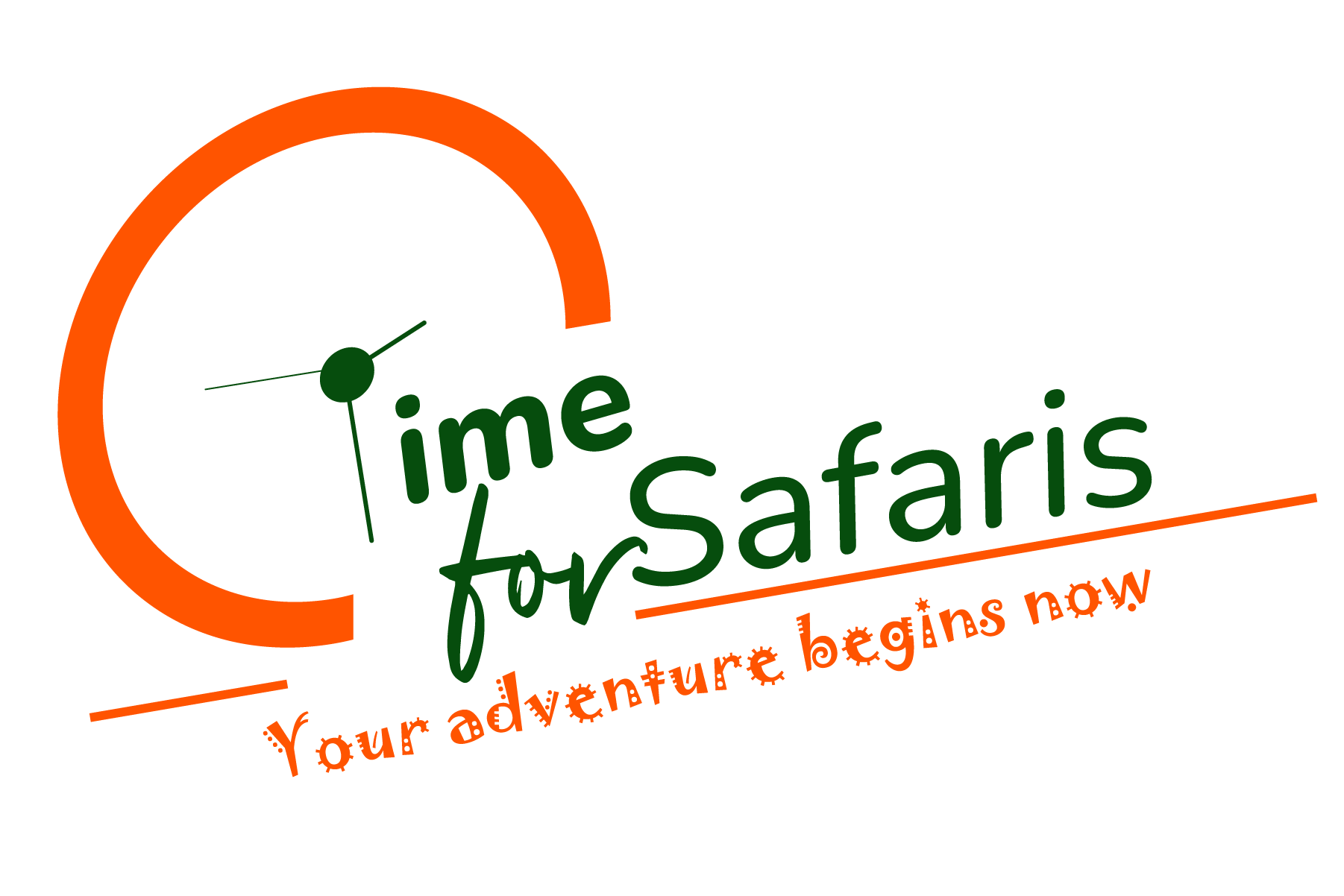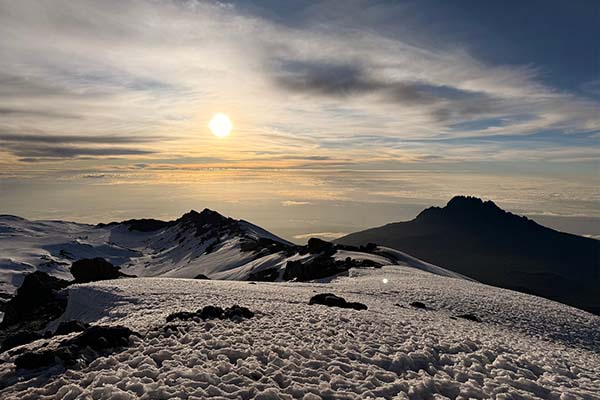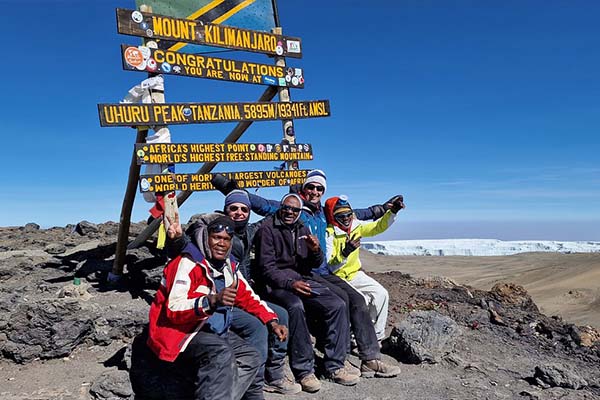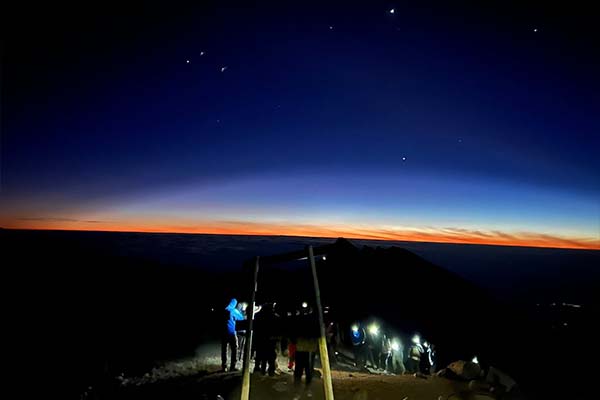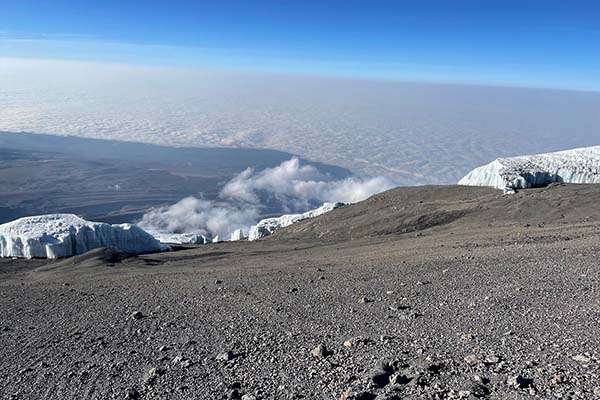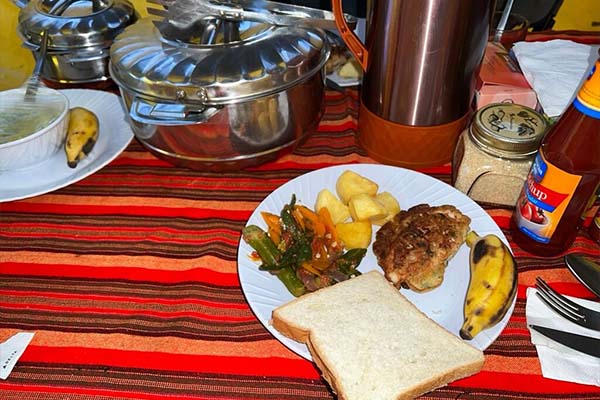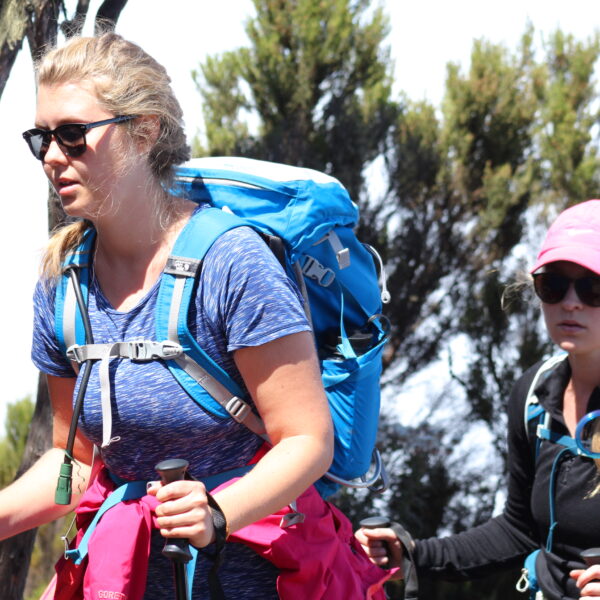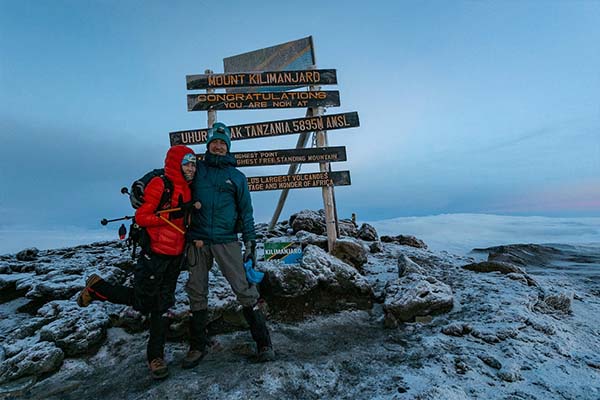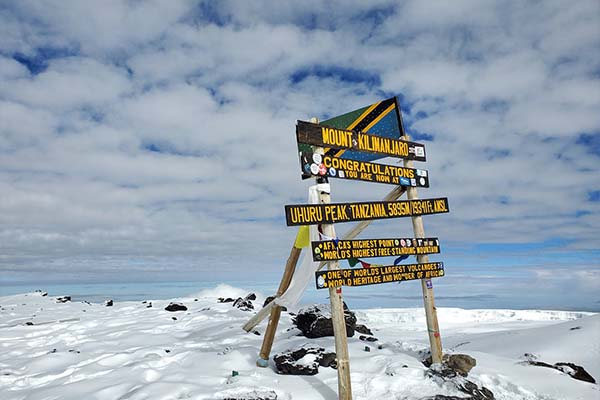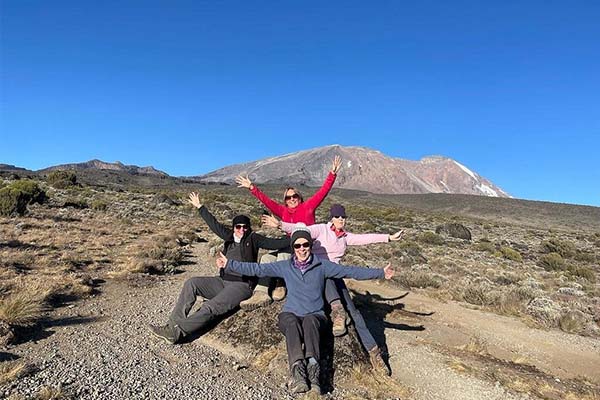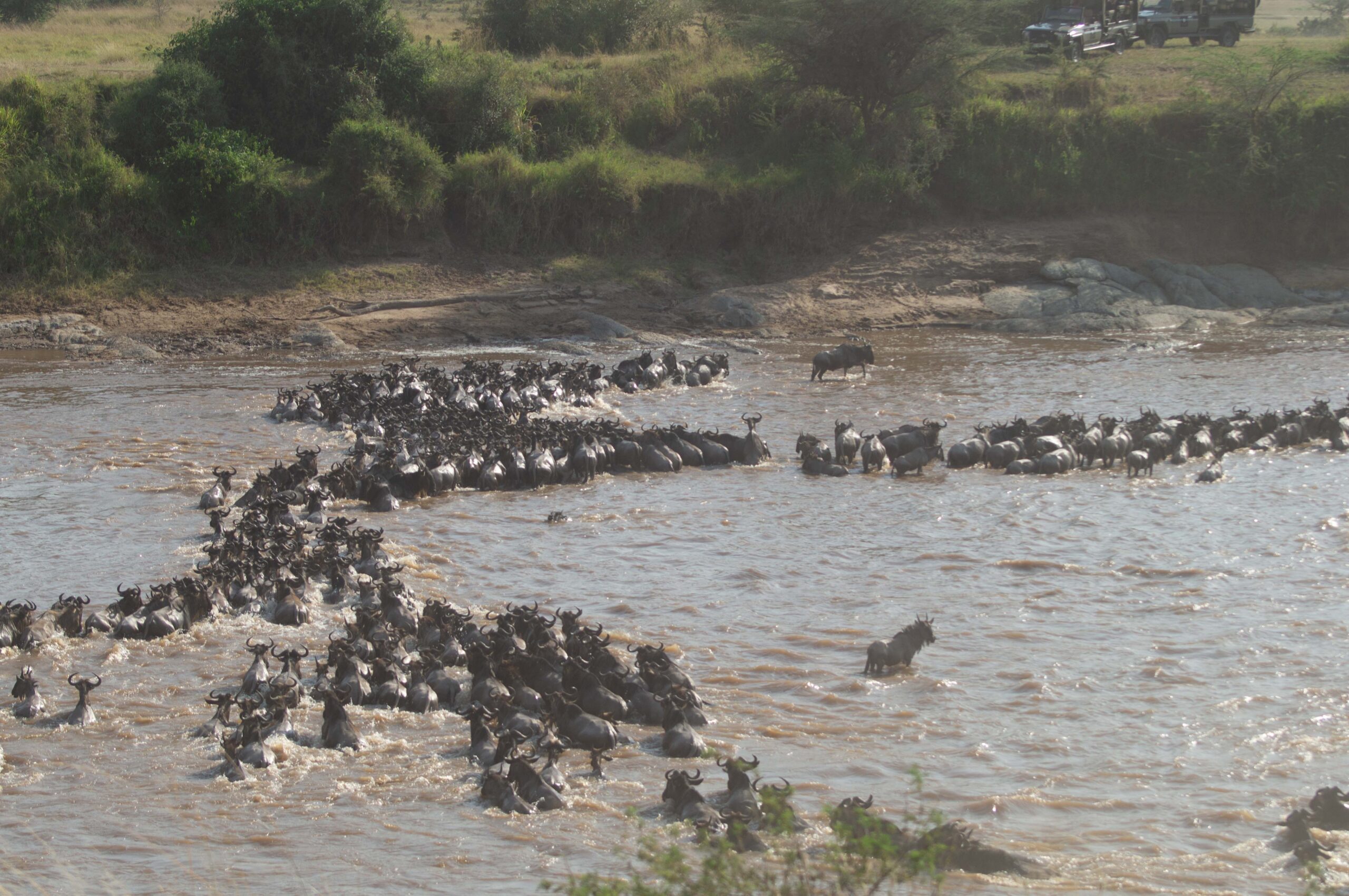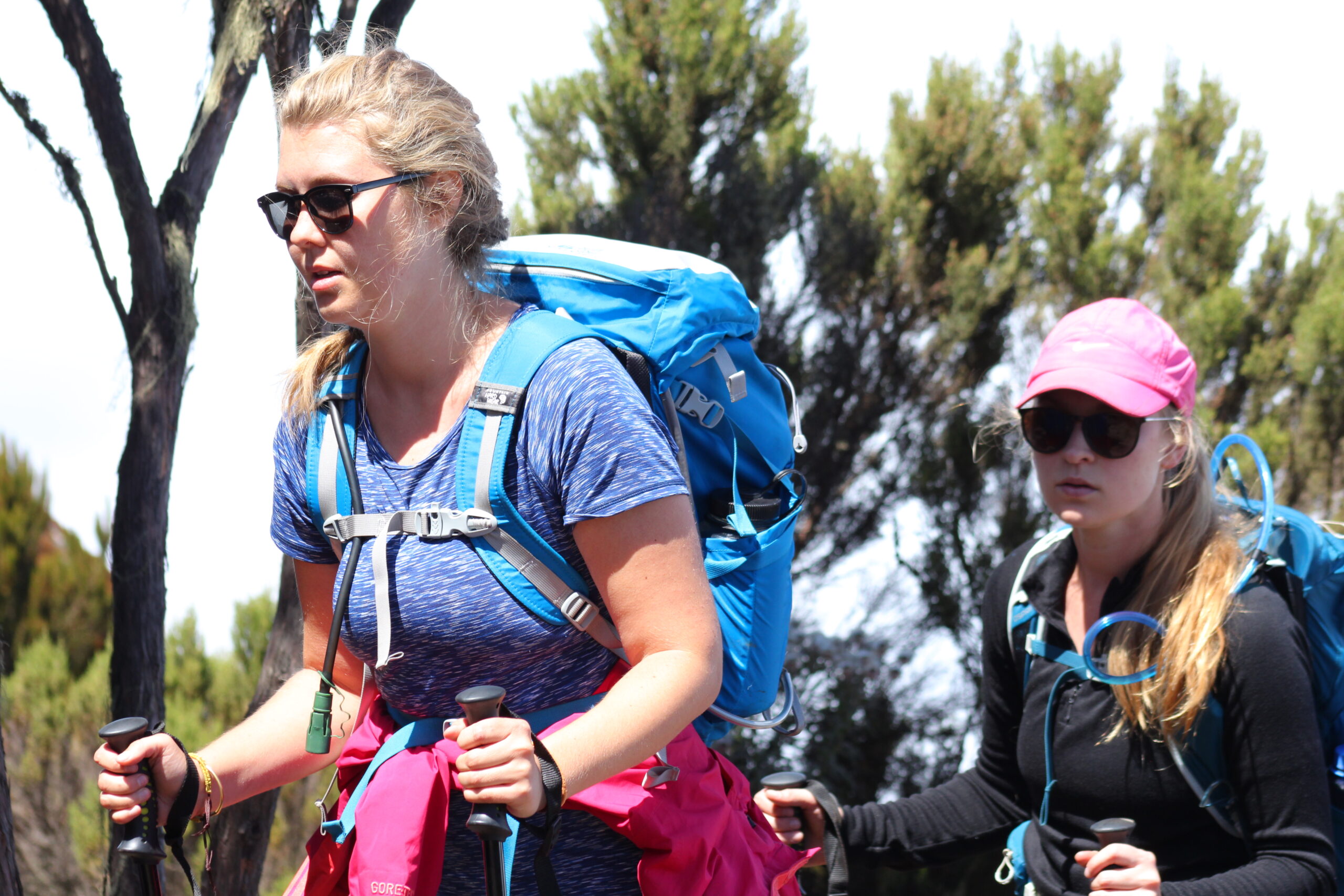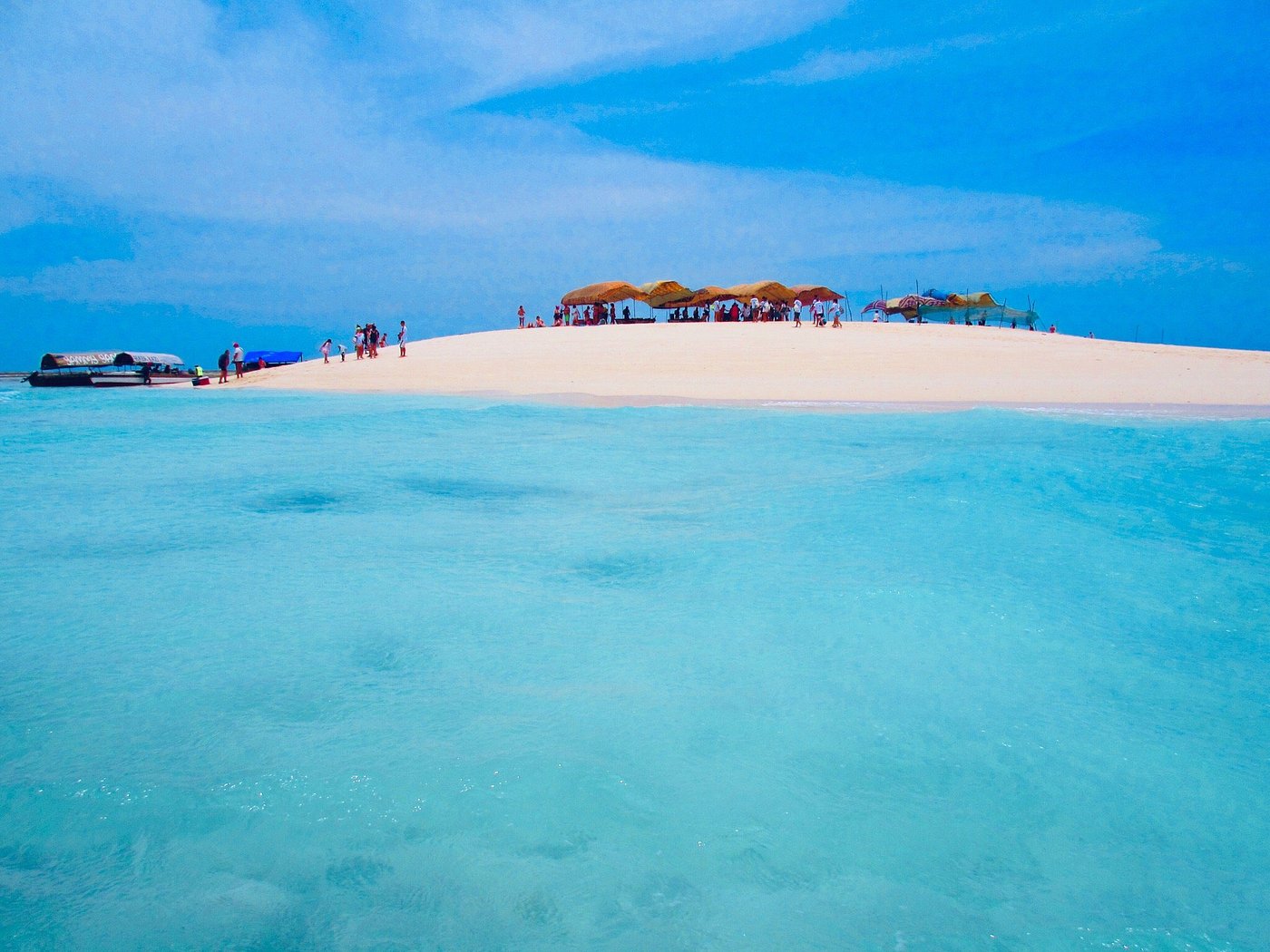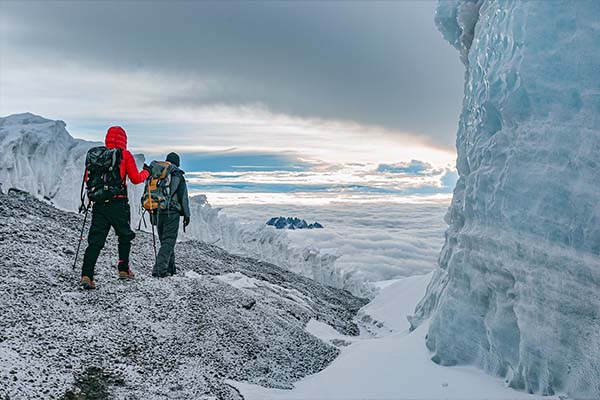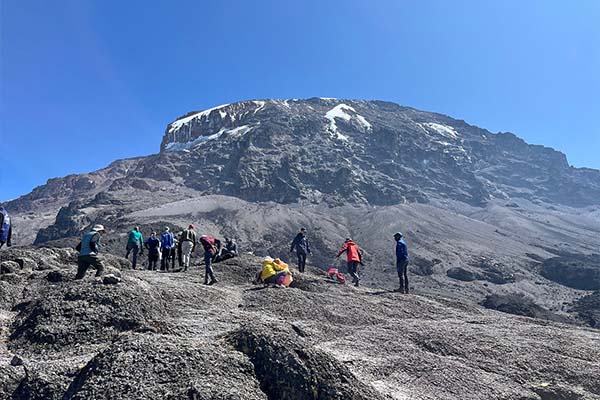The second most popular option among the routes on Kilimanjaro is the Machame route, also known as “the Whiskey Route”. This route offers a wide variety of views, landscapes and experiences. Located on the southern slope of Mt Kilimanjaro, Machame Gate will lead you to the top of Kilimanjaro along the exciting footpath which starts at the tropical forest, then runs through all the climate zones and finishes with the Arctic desert in the summit area.
Camps along the trek are favourably located for a smooth and gradual acclimatization transition process. On the 3rd day Machame Route converges with Lemosho and Umbwe at Barranco camp.
Arrive at Kilimanjaro International Airport
After arriving at the Airport, you will be picked up and transferred to your hotel in Moshi. Later, your guide will come to brief you about the trek and do an equipment check to make sure you have all the necessary mountain gear.
